CAREER: System Software Availability Foundations
for Real-time Cyber-physical Systems
Project Description
As computing and communication are ever more embedded in our society, the security and, in particular, the availability (timely access to computational resources) of cyber-physical systems (CPS), such as autonomous vehicles and surgical robots, is essential for our livelihood.
The key novelty of the project is a principled approach to tackle the availability challenges of CPS by systematically addressing threats from different vulnerable layers that make up a computer system. The project's broader significance and importance lie in the development of new theories and systems for system availability, building the foundation for security and safety in CPS, which our society now relies on for daily necessities. This project broadens participation not only in the field of CPS security but also in computing, through integrated educational activities for students from diverse backgrounds in both K-12 and higher education.
Threats from different layers of computing against system availability motivate the research thrusts in this project, advancing three lines of defense. The first line of defense tackles the long-standing problem of availability in trusted execution environments to provide computational and input/output (I/O) availability in the presence of an untrusted operating system (OS) while minimizing the trusted computing base by leveraging the unique predictability of real-time CPS. The second line of defense tackles a new dimension (availability) in software protection by leveraging context-sensitive software compartmentalization and rapid recovery to preserve safety-critical process availability at the cost of functionality reduction. The last line of defense formalizes, analyzes, and isolates the performance interference as a security (availability) problem, thwarting attacks from the non-safety-critical processes to the safety-critical processes. The open platform (OP) for CPS security research (OP-CPS) not only allows scientific exploration within the project but also tightly integrates education and research, enabling the connections between the real-time, robotics, control, systems, and security communities.
Our work has received awards not only from scientific venues on security (USENIX Security 2023) and CPS (RTSS 2023) but also from open challenges facing both academia and industry (such as the FTC Voice Clone Challenge 2024)!
Scientific Community Impact
Within the domain of Cyber-Physical Systems (CPS) security research, a significant challenge has been the restricted accessibility of suitable testing platforms. Such constraints frequently confine empirical research to a select group of researchers with the necessary resources. Addressing this issue, our project aspires to design and implement an open-source platform specifically tailored for CPS security research testing. Our envisaged platform covers a wide range of CPS domains, from aerial vehicles and terrestrial vehicles to sophisticated humanoid robots, each category represents distinct characteristic in terms of control software, computing power, sensor modality, and operational scenarios.
Moreover, given the current diverse and often non-standardized metrics for evaluation in CPS security studies, an additional aim of our project is to initialize the standardization of evaluation metrics. This project introduces a cohesive evaluation framework coupled with benchmark datasets. Such an approach will pave the way for more systematic assessments of attack and defense methodologies, consequently enhancing the reproducibility of research outcomes.
More information can be found on the website for our open platform - Open Platform for Cyber Physical System Research
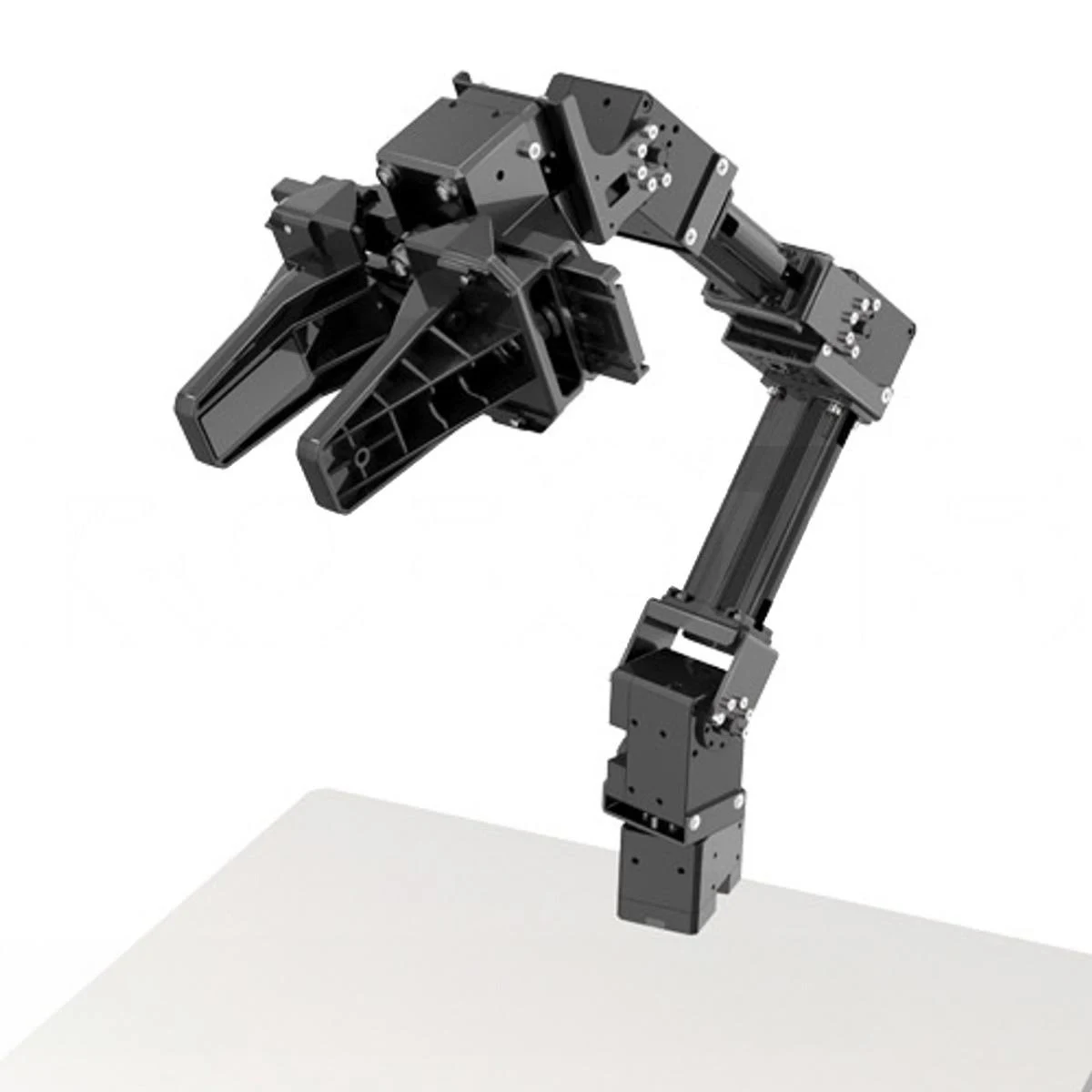
OpenMANIPULATOR
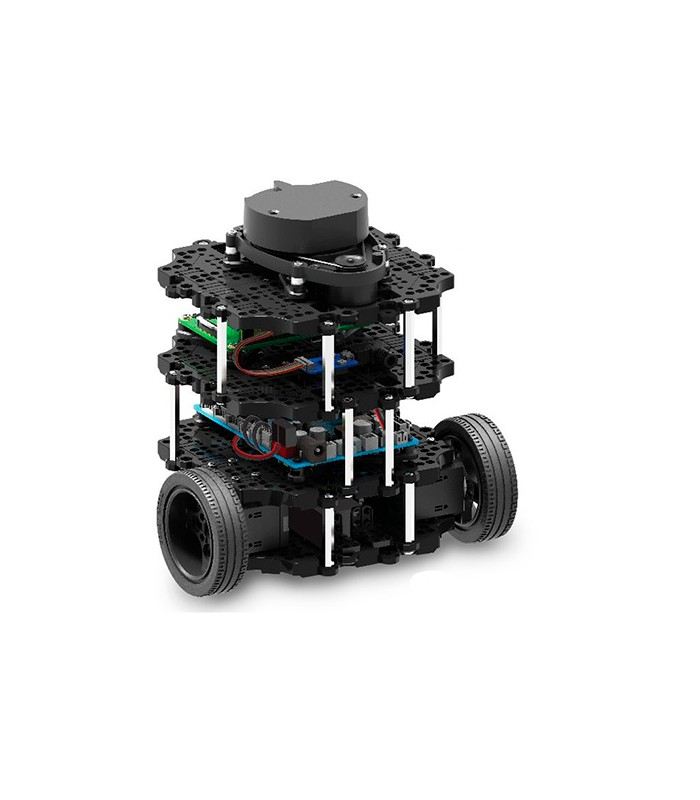
Turtlebot
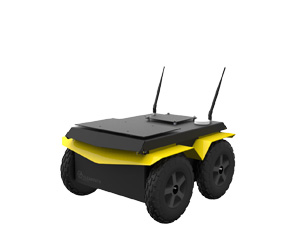
Jackal UGV
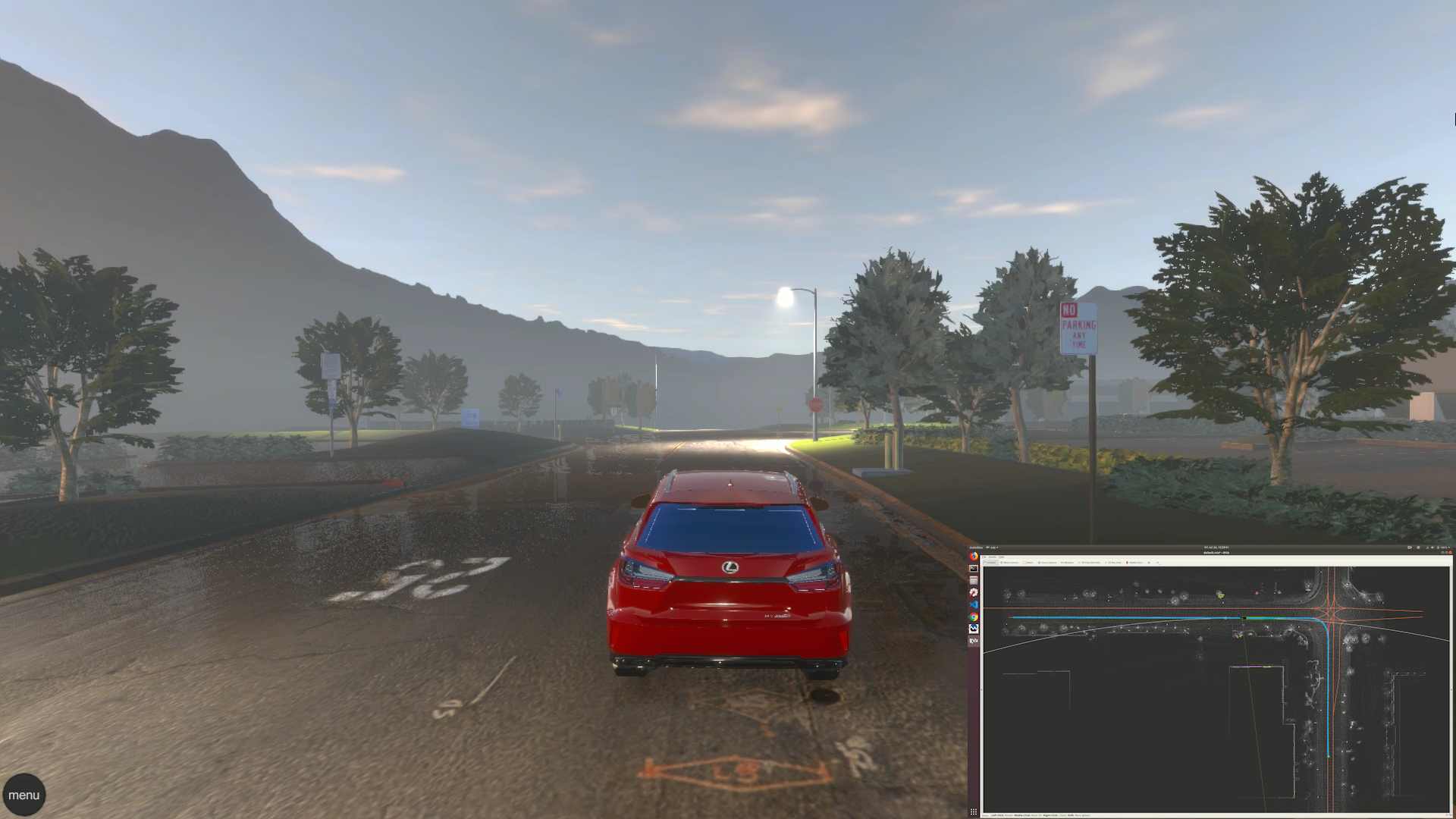
Autoware
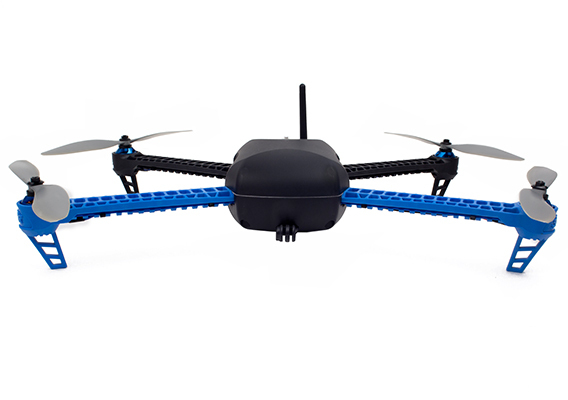
PX4
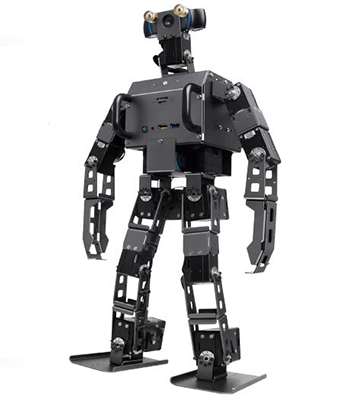
ROBOTIS
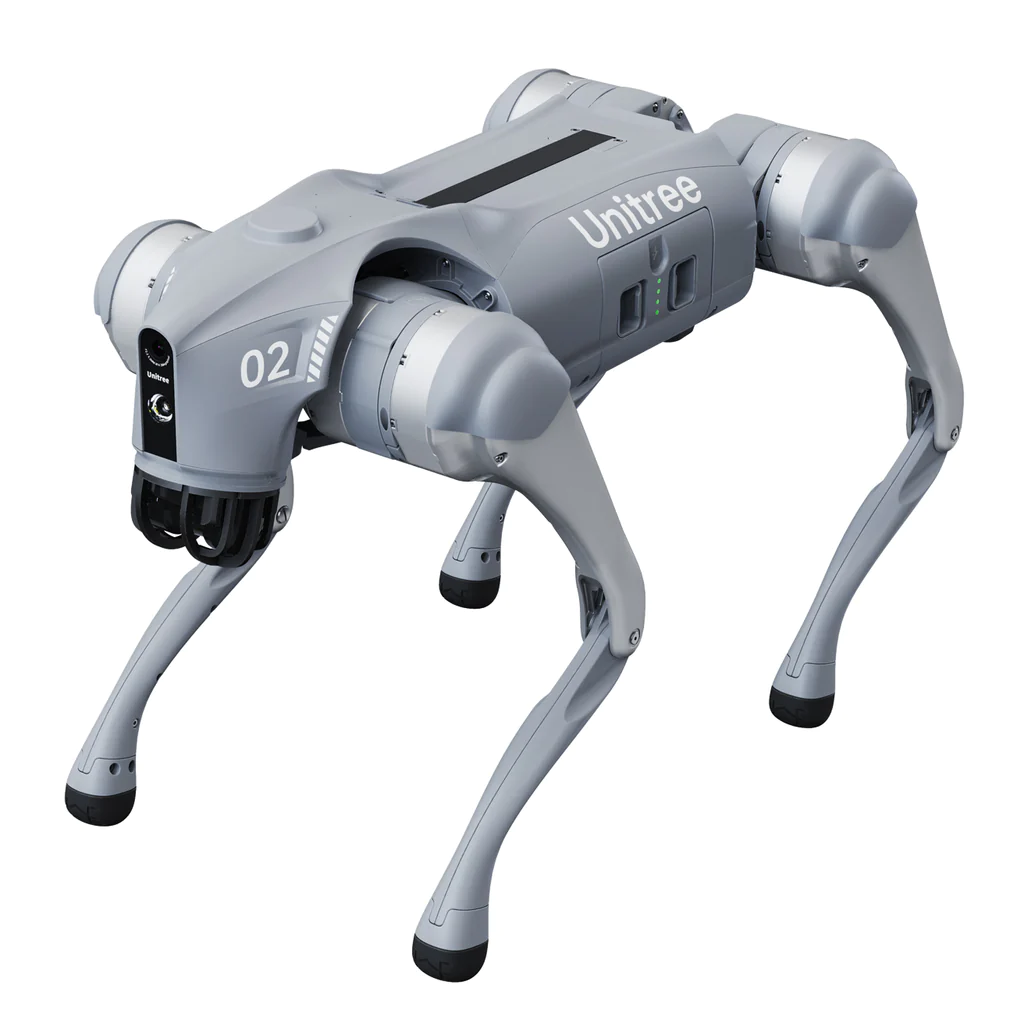
Unitree
Educational Impact
This project has enabled the incorporation of not only the latest research in new course material but also new platforms to allow the student to reinforce the concepts they learned in class via hands-on projects.
Curriculum developed and updated includes
CSE 433S: Introduction to Computer Security and
CSE 569S: Recent Advances in Computer Security and Privacy .
Broader Impact
Our work also has generated significant interest from the public, including the National Public Radio (NPR), Scientific American, Communications of ACM, and more.
Research Publications
Data-flow Availability: Achieving Timing Assurance in Autonomous Systems
A. Li, N. Zhang
USENIX Symposium on Operating Systems Design and Implementation (OSDI), 2024
An Empirical Study of Performance Interference: Timing Violation Patterns and Impacts
A. Li, J. Wang, S. Baruah, B. Sinopoli, N. Zhang
IEEE Real-Time and Embedded Technology and Applications Symposium (RTAS), 2024
[PDF] [GitHub] [Site Link]
Opportunistic Data Flow Integrity for Real-time Cyber-physical Systems Using Worst Case Execution Time Reservation
Y. Wang, A. Li, J. Wang, S. Baruah, N. Zhang
USENIX Security Symposium, 2024
[PDF] [GitHub]
Don't Listen To Me: Understanding and Exploring Jailbreak Prompts of Large Language Models
Z. Yu, X. Liu, S. Liang, Z. Cameron, C. Xiao, N. Zhang
USENIX Security Symposium, 2024
[PDF] [Site Link]
Please Tell Me More: Privacy Impact of Explainability through the Lens of Membership Inference Attack
H. Liu, Y. Wu, Z. Yu, N. Zhang
IEEE Symposium on Security and Privacy (Oakland), 2024
[PDF]
XCheck: Verifying Integrity of 3D Printed Patient-Specific Devices via Computing Tomography
Z. Yu, Y. Chang, S. Zhai, N. Deily, T. Ju, X. Wang, U. Jammalamadaka, N. Zhang
USENIX Security Symposium, 2023
Distinguished Artifact Award
[PDF] [Site Link]
ARI: Attestation of Real-time Mission Execution Integrity
J. Wang, Y. Wang, A. Li, Y. Xiao, R. Zhang, W. Lou, Y. Hou, N. Zhang
USENIX Security Symposium, 2023
[PDF] [GitHub]
Who's Afraid of Butterflies? A Close Examination of the Butterfly Attack
S. Baruah, P. Ekberg, M. Hosseinzadeh, A. Li, B. Ward, N. Zhang
IEEE Real-Time Systems Symposium (RTSS), 2023
Outstanding Paper Award
[PDF] [Site Link]
AvaGPU: Secure and Timely GPU Execution in Cyber-physical Systems
J. Wang, Y. Wang, N. Zhang
ACM Conference on Computer and Communications Security, 2023
[PDF] [GitHub]
SlowLiDAR: Increasing the Latency of LiDAR-Based Detection Using Adversarial Examples
H. Liu, Y. Wu, Z. Yu, Y. Vorobeychik, N. Zhang
IEEE / CVF Computer Vision and Pattern Recognition Conference, 2023
[PDF] [GitHub]
RIATIG: Reliable and Imperceptible Adversarial Text-to-Image Generation With Natural Prompts
H. Liu, Y. Wu, S. Zhai, B. Yuan, N. Zhang
IEEE / CVF Computer Vision and Pattern Recognition Conference, 2023
[PDF] [GitHub]
CodeIPPrompt: Intellectual Property Infringement Assessment of Code Language Models
Z. Yu, Y. Wu, N. Zhang, C. Wang, Y. Vorobeychik, C. Xiao
International Conference on Machine Learning, 2023
[PDF] [Site Link]
IP Protection in TinyML
J. Wang, Y. Wu, H. Liu, B. Yuan, R. Chamberlain, N. Zhang
Design Automation Conference, 2023
[PDF] [GitHub]
Acknowledgement
 This project is supported by NSF under award #2238635.
This project is supported by NSF under award #2238635.


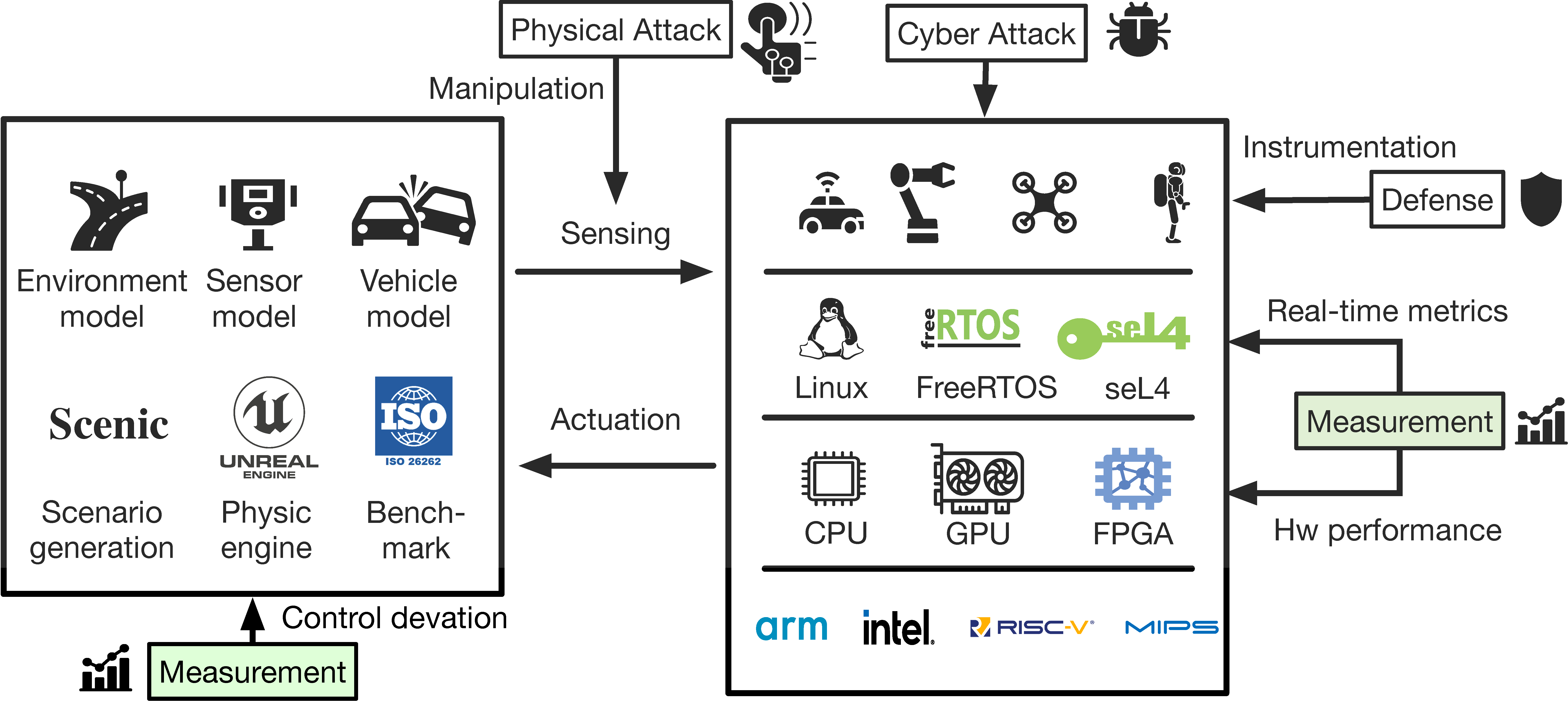







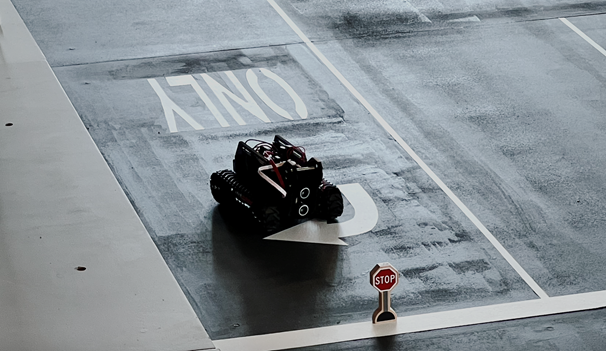


 This project is supported by NSF under award #2238635.
This project is supported by NSF under award #2238635.